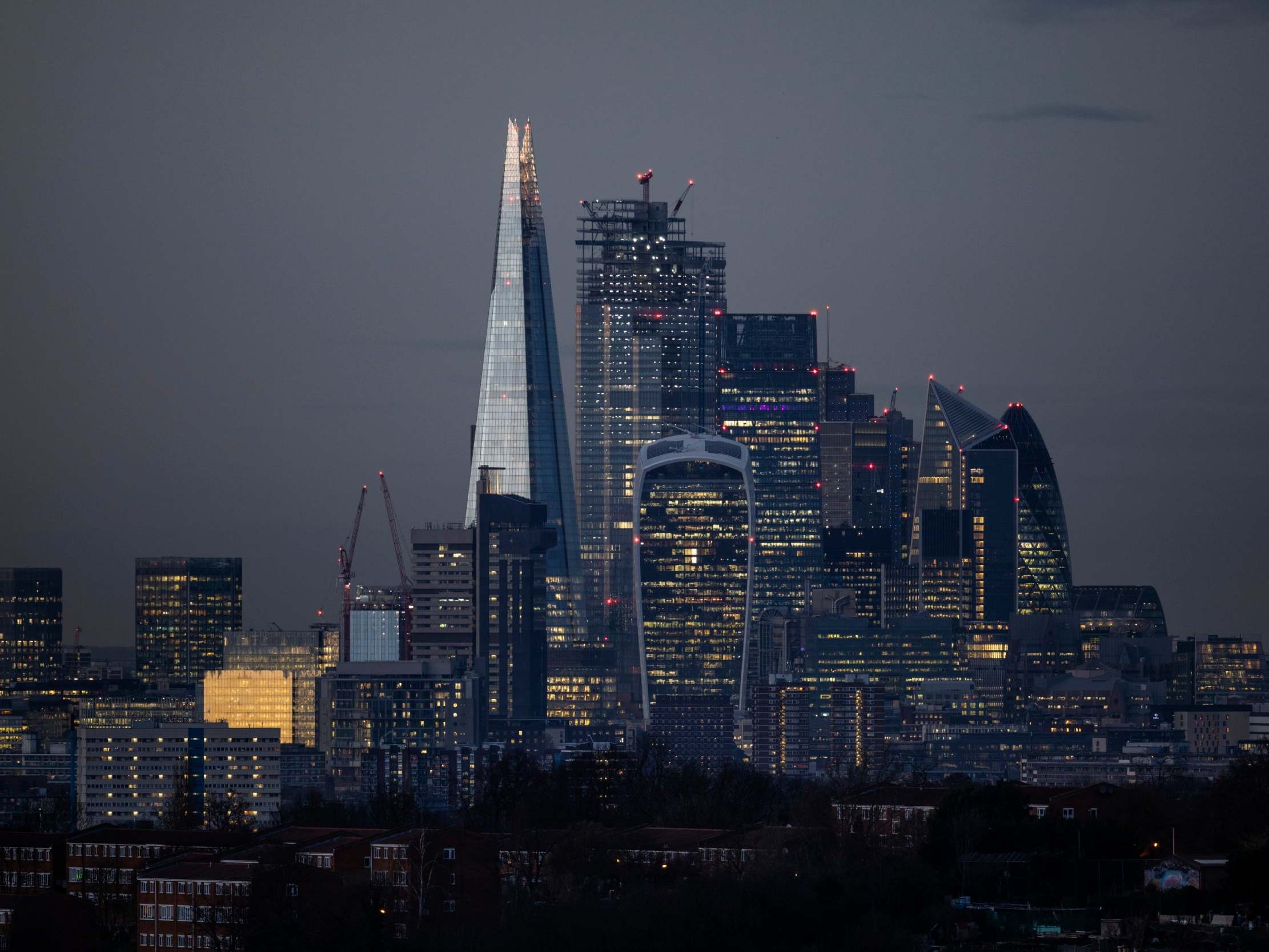There’s a canary in the Brexit coal mine – and it’s gasping for air
Inside Business: Latest results for recruiter Michael Page are worrying, especially for Brexit-battered Britain

Michael Page is what you might describe as a canary company when it comes to the UK and the world economy. It’s a recruiter that operates on a global scale, focusing on placing people into well-paying white-collar jobs.
Unemployment is what’s known as a lagging indicator when economists look at how economies are performing. Firing people is expensive and disruptive so companies only move when they have to, when things have clearly entered a downward spiral.
But recruitment behaves a little differently. One way employers respond if they see troubles ahead is by delaying it. They put off making decisions and let things ride until they have a clearer idea of the outlook. If that’s what is starting to happen, the results of companies like Michael Page are where you’ll see it first.
On the face of it, the latest set of numbers look rather good. The company touted a record quarter with 16 countries growing by 10 per cent or more. Despite this, the share price resembled the final part of a rollercoaster on its release, the sharp dive just before everyone gets off and reaches for the sick bag (in the case of the parents).
Tough crowd? Not really. The market is less interested in Michael Page’s successful past than it is in what’s coming. The company was punished because it warned that its profits will likely be at the lower end of the market’s expectations as a result of “the current macroeconomic conditions”.
In English, Michael Page is telling us that it’s worried about the global economy slowing and hitting hiring. The signs of that were all over the trading statement.
Having added more than 600 fee-earners in the first quarter of the year, its numbers fell by 122 in the second. Growth in gross profits from temporary hires was much faster than that from permanent placements. If you’re worried about the future but you have a gap, it makes sense to fill it with a temp, particularly in places where firing is difficult and expensive (such as France).
For those of us living in the Brexit-battered UK, the situation looks worse. This country is the only one of the markets that Michael Page breaks out to show a decline in gross profits.
Its numbers don’t give a picture of the entire UK labour force, but they still don’t bode at all well for the future. They chime with the Employment Index put out by business adviser BDO at the start of the week. It fell to its lowest level in a year, moving partner Peter Hemington to opine that “the glory years of rising UK employment figures could be coming to an end”.
So that canary? It’s starting to struggle for breath as the global economy catches a chill. But in Britain it’s on the floor of its cage, gasping.
We’re just starting to feel the whirlwind of the Brexiteers’ folly. Boris Johnson banging on about optimism and believing in Britain won’t come as much comfort if the hiring delays, or even recruitment freezes, Brexit is causing start to turn into widespread redundancy programmes.
Join our commenting forum
Join thought-provoking conversations, follow other Independent readers and see their replies
Comments